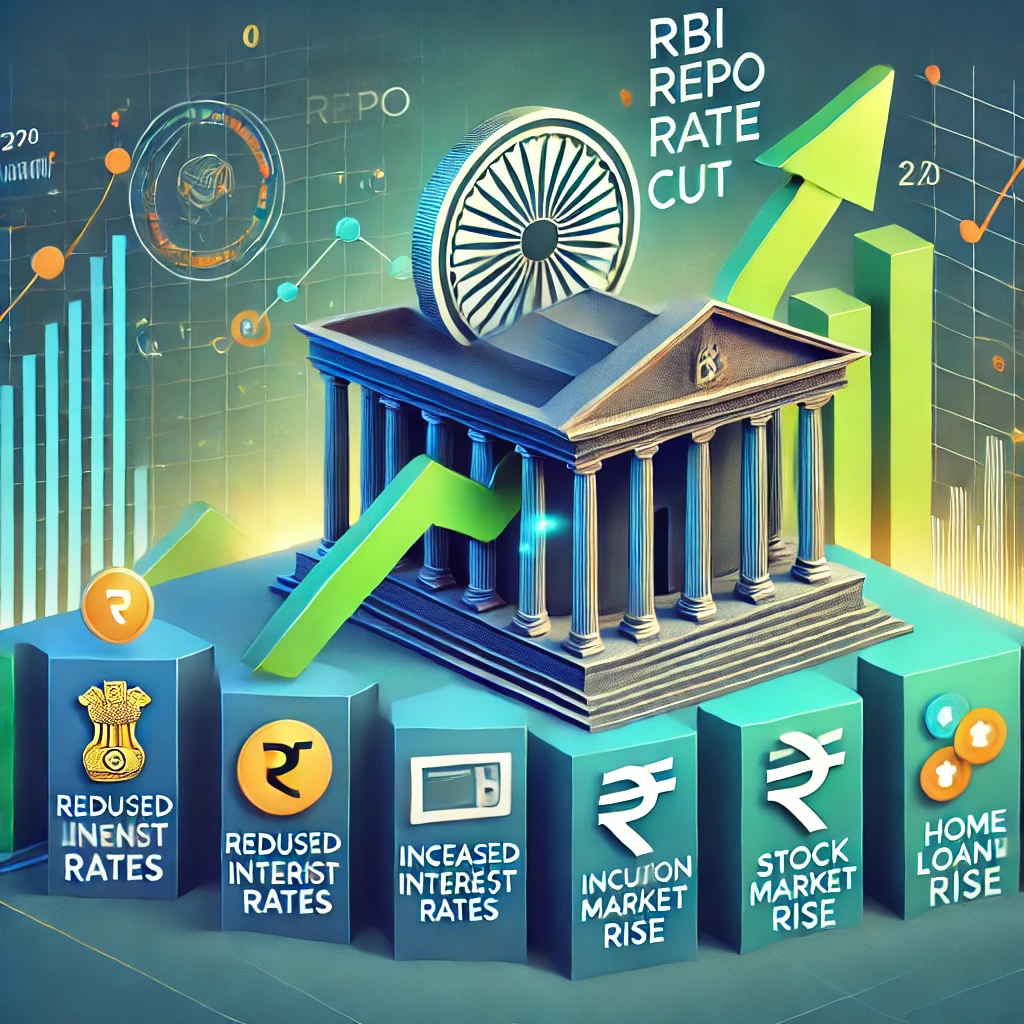Introduction
The global financial markets are experiencing turbulence, raising concerns about an impending recession. The question arises: what exactly is a recession, and how does it affect the common man? With a massive ₹88,000 crore wiped out from India’s IT sector, is this a sign of an economic slowdown? Let’s break it down in simple terms and understand the causes, effects, and ways to mitigate its impact.
IT Stocks Crash: A Warning Sign?
The stock market downturn has rattled investors, with India’s top 10 IT companies losing up to 33% of their peak valuation. The combined market capitalization of these companies has fallen by ₹88,000 crore, pushing the Nifty IT Index into bear territory.
Among the hardest-hit companies:

- TCS has dropped 23% from its peak, causing a loss of ₹3.7 lakh crore in market value.
- Infosys, HCL Tech, and Tech Mahindra have suffered significant declines.
- LTI Mindtree has plunged the most at 33%, while Wipro remains the least affected, down 16%.
With these alarming figures, fears of an economic downturn have intensified. But what exactly is a recession, and why does it happen?
What is a Recession?
A recession is a period of economic decline that lasts for months or even years. It occurs when a country’s economy contracts for two consecutive quarters (six months). This slowdown is measured primarily by GDP decline, but it also includes rising unemployment, reduced consumer spending, stagnant industries, and financial instability.
Phases of Economic Cycles
Every economy goes through four phases:
- Expansion – Economic activity increases, jobs are created, and spending rises.
- Maturity – The economy stabilizes, profits are high, and markets remain steady.
- Aging – Growth slows down, inflation rises, and financial markets become volatile.
- Recession – Business investments shrink, unemployment rises, and stock markets decline.
Difference Between Recession and Depression
A recession typically lasts months or a few years, while a depression is a prolonged economic downturn. The Great Depression of 1929 is the most well-known example, lasting over a decade and devastating global economies.
Causes of a Recession
Recessions can be triggered by various factors, including:
1. Asset Bubbles
Uncontrolled growth in a sector, followed by a sudden collapse, can cause widespread financial losses. Examples include:
- Dot-com bubble (1990s)
- 2008 housing market crash
2. Overheated Economy
When an economy grows too fast, it strains resources and labor markets. As profits fall, companies start layoffs, leading to a recession.
3. Global Shocks
Events like wars, pandemics, or oil crises can disrupt global supply chains and economic stability. The COVID-19 pandemic (2020) was a prime example.
History of Recessions
According to the National Bureau of Economic Research (NBER), past recessions include:
- The Great Depression (1929-1941): The longest economic collapse in history.
- 2008 Global Financial Crisis: A worldwide downturn due to the housing market crash.
- COVID-19 Recession (2020): A short but severe economic shock due to lockdowns.
Early Warning Signs of a Recession
Economic downturns can often be predicted through:
- Declining GDP for two consecutive quarters.
- Rising Unemployment, leading to reduced consumer spending.
- Inverted Yield Curve, where short-term bonds yield more interest than long-term bonds.
- Falling Industrial Production, as companies cut back on output.
- Stock Market Decline, as investors pull out funds due to uncertainty.
Impact of a Recession on Common People
A recession can affect different individuals in different ways:
- Job Losses as companies downsize to cut costs.
- Financial Struggles, making it harder to pay loans and bills.
- Credit Crunch, where banks tighten lending policies.
- Stock Market Losses, impacting investments and retirement funds.
Does Everything Get Cheaper During a Recession?
While luxury items like cars and electronics may become cheaper, essential goods like food, medicines, and utilities often remain expensive or even rise in cost.
How to Protect Yourself from a Recession
To safeguard your financial well-being during an economic downturn:
- Build an Emergency Fund with at least six months’ worth of expenses.
- Reduce High-Interest Debt such as credit card loans.
- Cut Unnecessary Expenses to improve savings.
- Diversify Income Sources through freelancing, side gigs, or passive investments.
- Invest Wisely with a long-term perspective to ride out market volatility.
Conclusion
A recession is an inevitable part of economic cycles, but its impact can be managed with careful financial planning and smart investments. By staying informed and prepared, individuals can navigate economic slowdowns without severe financial hardships.
For more insightful articles on finance, economics, and stock market trends, stay tuned to SR Study – your go-to platform for expert knowledge and guidance!



